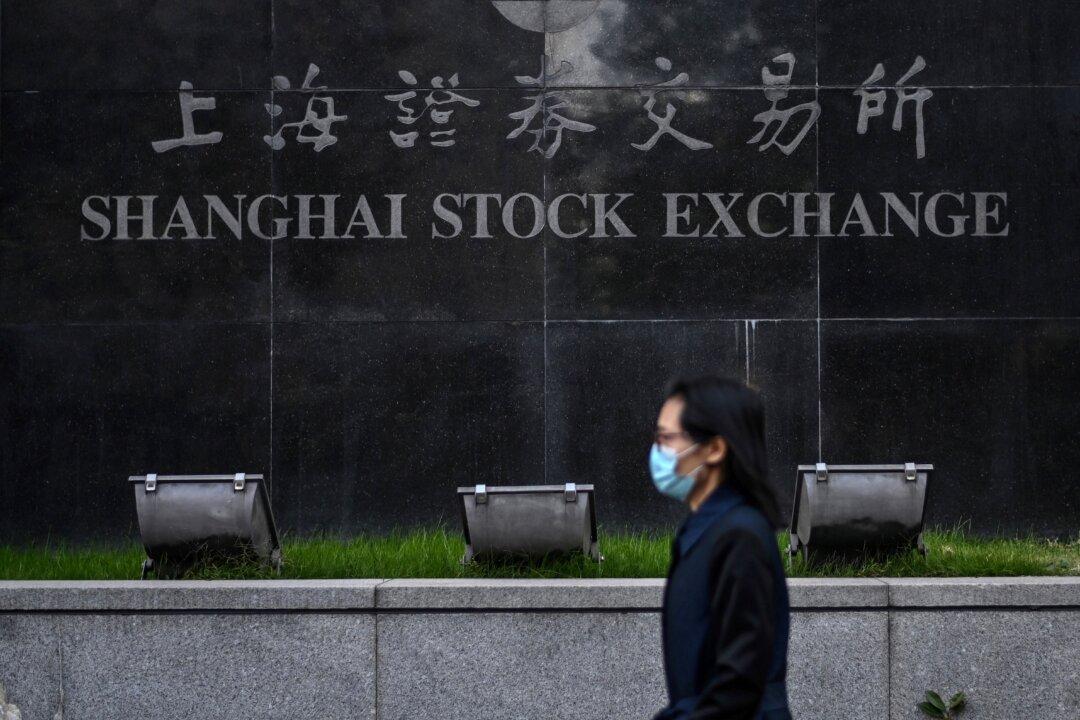News Analysis
China’s stock market saw a sharp decline on Feb. 2, a day after Chinese leader Xi Jinping made a rare public appearance. Meanwhile, many Chinese shareholders took to the official Weibo account of the U.S. Embassy in China to air their grievances about the stock market.






